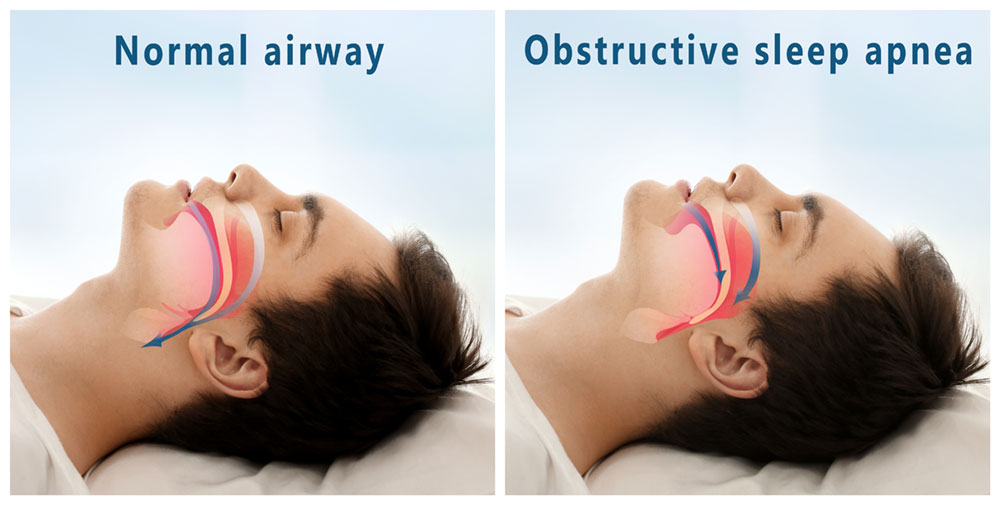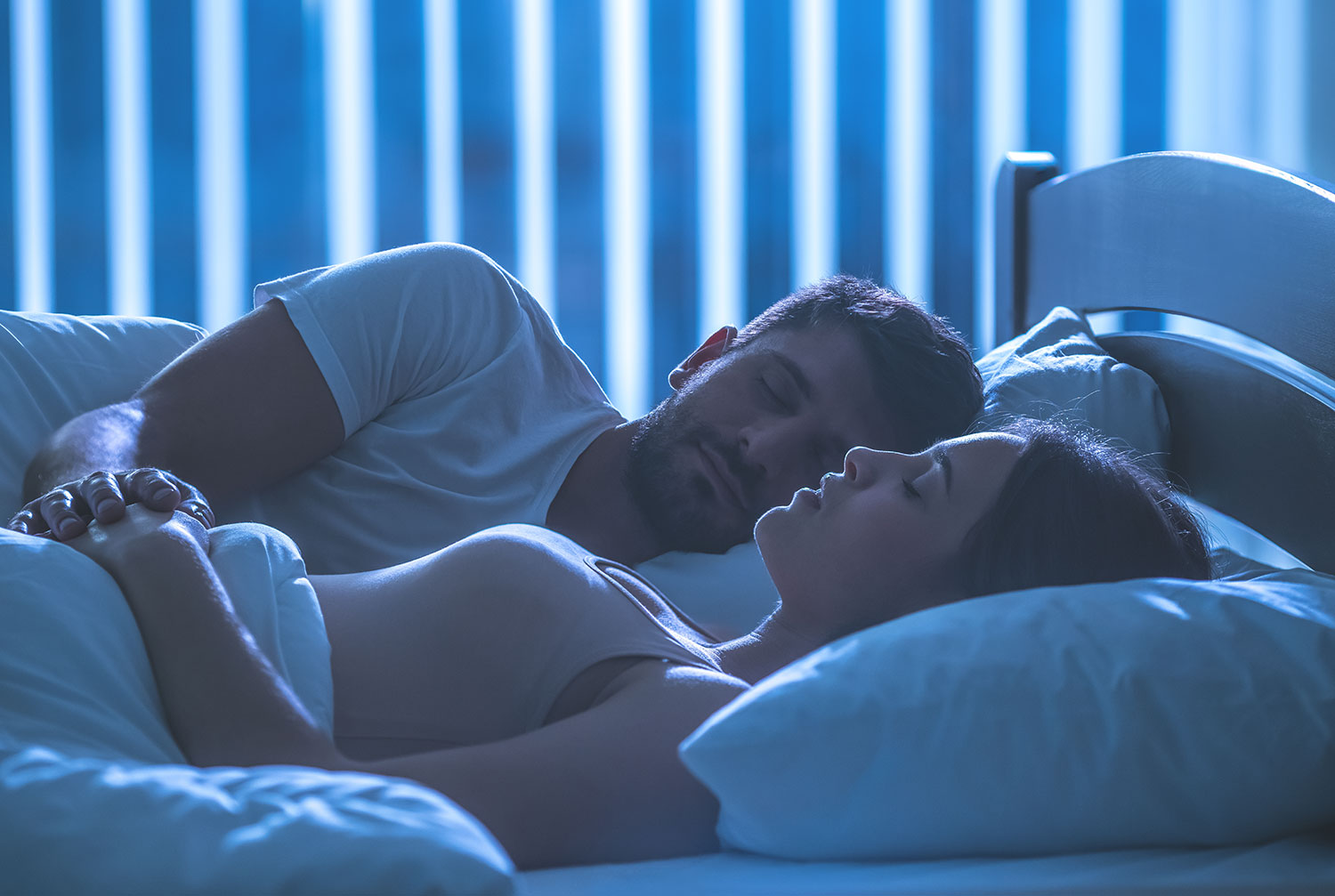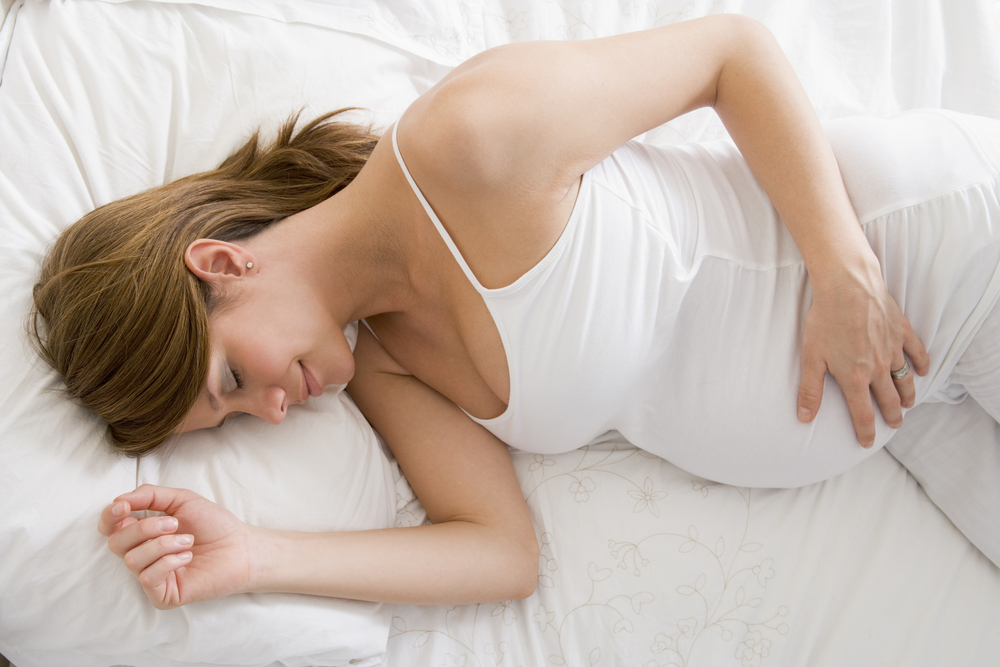
Reclaim Your Rest with Expert Sleep Apnea Care
Sleep apnea is a serious sleep disorder that can affect your overall health, leading to complications such as heart disease, high blood pressure, diabetes, and even mental health issues. If you’re experiencing symptoms like loud snoring, choking or gasping for air during sleep, or excessive daytime sleepiness, you may be suffering from sleep apnea. At Sac Sleep & Breathing, Dr. Scott Grivas and our dedicated team offer comprehensive, non-invasive treatments to help you get the restful sleep you deserve.
 What Is Sleep Apnea?
What Is Sleep Apnea?
Sleep apnea occurs when your breathing is repeatedly interrupted during sleep, causing you to wake up multiple times throughout the night. This disruption not only affects your ability to get deep, restorative sleep but also increases the risk of developing severe health conditions.
There are three primary types of sleep apnea:
-
Obstructive Sleep Apnea (OSA): The most common type, where the airway becomes blocked due to relaxed throat muscles.
-
Central Sleep Apnea (CSA): Occurs when the brain fails to send proper signals to the muscles that control breathing.
-
Mixed Sleep Apnea: A combination of both OSA and CSA.
If left untreated, sleep apnea can lead to a range of serious health issues such as heart disease, depression, high blood pressure, cognitive impairment, and even premature death.
 Why Sleep Apnea Treatment Is Crucial
Why Sleep Apnea Treatment Is Crucial
Ignoring or delaying treatment for sleep apnea can have serious consequences. In addition to affecting your physical health, untreated sleep apnea can take a toll on your mental health, leading to:
-
Depression & Anxiety: The chronic lack of sleep can exacerbate mood disorders, leading to irritability and emotional distress.
-
Cognitive Decline: Sleep apnea has been linked to memory problems, difficulty concentrating, and overall cognitive dysfunction.
-
Increased Risk of Heart Disease: Interrupted sleep causes stress on your cardiovascular system, increasing the likelihood of hypertension, heart attack, and stroke.
At Sac Sleep & Breathing, we understand the profound impact sleep apnea has on both your physical and mental well-being. Our treatment options are designed to address these issues effectively, so you can restore your health and vitality.
Effective Treatment Options
A high-quality image of the Vivos oral appliance or a person comfortably wearing it at night. If possible, include before-and-after images showing improvements in sleep quality.
At Sac Sleep & Breathing, we offer several innovative and non-invasive treatment options to help you overcome sleep apnea, including the Vivos System, a revolutionary treatment designed to improve the airway and promote natural healing without the need for a bulky CPAP machine.
 Vivos Sleep Apnea Treatment
Vivos Sleep Apnea Treatment
The Vivos System is a groundbreaking, non-invasive treatment that uses oral appliances to treat mild to moderate obstructive sleep apnea. This system gently reshapes the jaw and airway over time, allowing you to breathe easier during sleep without relying on intrusive machines. Here’s how it works:
-
Custom-Made Oral Appliances: Vivos appliances are designed specifically for your mouth, ensuring a comfortable fit and effective treatment.
-
Non-Invasive & Non-Surgical: Unlike CPAP therapy or surgery, Vivos works by naturally reshaping the oral structures that contribute to sleep apnea.
-
Proven Results: Studies show that the Vivos System can reduce sleep apnea symptoms by up to 65% in patients with mild to moderate OSA.
For patients who have struggled with CPAP therapy, Vivos offers a more comfortable and practical alternative, helping you get a peaceful night’s sleep.
Lifestyle Modifications
In addition to medical treatments, certain lifestyle changes can help manage and alleviate the symptoms of sleep apnea:
-
Weight Management: Losing weight, particularly around the neck area, can reduce pressure on your airway, improving sleep apnea symptoms.
-
Regular Exercise: Physical activity can help improve overall sleep quality and reduce the severity of sleep apnea.
-
Positional Therapy: Sleeping on your side can prevent your airway from collapsing during sleep, helping to reduce apneas.
-
Avoiding Alcohol & Smoking: Both alcohol and smoking can exacerbate sleep apnea, so reducing or eliminating these habits is recommended.
 Sleep Apnea & Pregnancy
Sleep Apnea & Pregnancy
Pregnant individuals are at a higher risk of developing sleep apnea due to hormonal changes and weight gain during pregnancy. Sleep apnea during pregnancy can lead to complications such as gestational diabetes, high blood pressure, and fetal growth issues. Treating sleep apnea during pregnancy is essential for both maternal and fetal health.
The Vivos System is a safe and effective treatment for pregnant individuals, providing a non-invasive alternative to CPAP machines, which may be uncomfortable and difficult to use during pregnancy.
The Vivos Sleep Apnea Treatment Process
The Vivos System treatment process is simple and personalized to your needs. Here’s what you can expect:
-
Consultation & Diagnosis: Dr. Grivas will assess your symptoms and recommend the best treatment approach.
-
Custom Appliance Design: Using advanced technology, we create a custom-fit oral appliance tailored to your needs.
-
Wear the Appliance: You’ll wear the appliance while sleeping to gradually reshape your jaw and improve airflow.
-
Follow-Up Care: Regular follow-up appointments ensure your treatment is progressing as planned and allows for adjustments if needed.
Frequently Asked Questions
Can sleep apnea go away on its own?
No, sleep apnea typically does not go away without treatment. It requires professional intervention to manage and prevent complications.
How does the Vivos System work?
The Vivos System uses custom oral appliances to gently reposition the jaw and improve airflow during sleep. Over time, this can reduce or eliminate the symptoms of sleep apnea.
Is Vivos treatment safe?
Yes, Vivos treatment is non-invasive, non-surgical, and has been shown to be effective and safe for treating mild to moderate sleep apnea.
How long will I need to wear the Vivos appliance?
The average treatment duration is between 12 to 24 months, depending on the severity of your sleep apnea.
Get Started Today
Don’t let sleep apnea control your life. At Sac Sleep & Breathing, we’re here to provide you with the best possible care to improve your sleep, health, and quality of life. Contact us today to schedule a consultation and learn more about how the Vivos System can help you achieve restful, uninterrupted sleep.
Call us at (916) 735-4060 or fill out our online contact form to get started.
